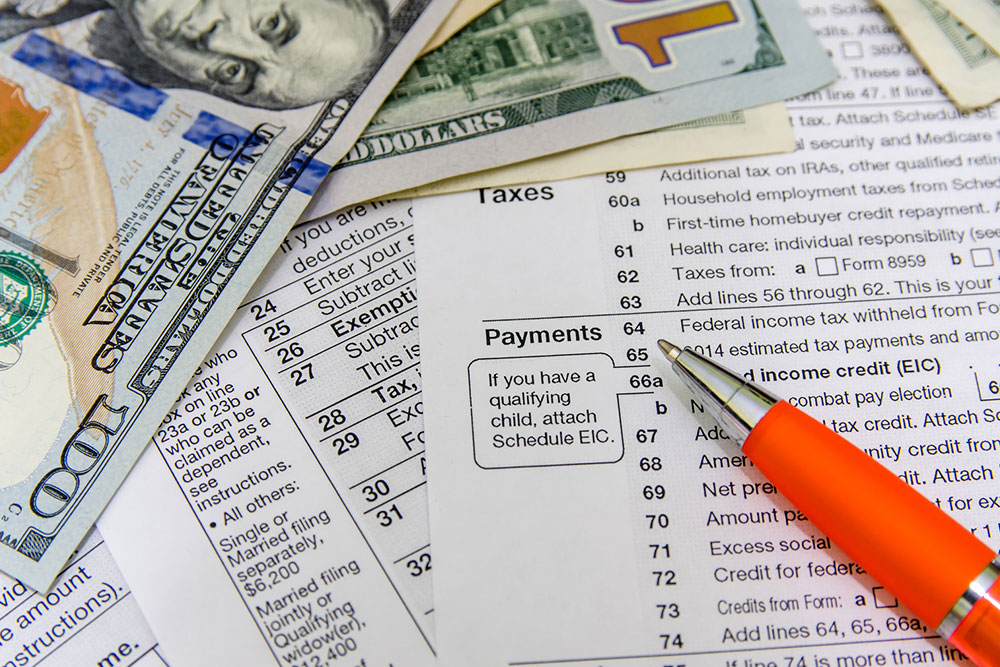Smart Tax Strategies for Empty Nesters to Maximize Savings
Discover effective tax-saving strategies tailored for empty nesters. Learn how timing investments, renting out properties, buying second homes, investing in tax-free bonds, and staying informed about tax laws can significantly reduce your tax liability. Maximize your savings with these expert tips designed specifically for parents whose children have moved out. Empower your financial future today.

Tax Optimization Tips for Empty Nesters
As children grow and pursue education or careers abroad, parents often find themselves as "empty nesters." This shift can impact their tax responsibilities. Fortunately, there are several effective ways for empty nesters to reduce their tax burden and increase savings.
Strategic Investment Timing
When investing in mutual funds towards year-end, it's crucial to check if dividends are being distributed. The value of shares may decrease after dividend payout, allowing investors to purchase shares just before this event at a lower price and benefit from potential tax advantages. Buying shares after dividend distribution can prevent tax liability altogether.
Tax-Exempt Rental Income
Even if you're not a professional landlord, renting out your property temporarily—say, during local events or holidays—can generate tax-free income. According to law, rent received for up to two weeks annually doesn't need to be reported, making it a lucrative and tax-efficient income stream.
Exploring Second Home Purchases
Buying a second property can offer tax benefits, especially with mortgage interest deductions similar to those on primary residences. Interest on loans up to $1.1 million is deductible, easing property tax liabilities. If you work from home, certain home-office expenses like insurance and maintenance can also be deducted, provided proper documentation is maintained. The IRS simplifies this process with a standard deduction of $5 per 1-300 square feet of the workspace.
Investing in Tax-Exempt Bonds
Tax-free bonds are a straightforward way to save on taxes. For instance, a bond with a 5% interest rate can be more beneficial than a taxable bond offering 8%, depending on your tax bracket. Calculating the taxable equivalent interest helps determine the best investment strategy based on your income tax rate.
Stay Updated on Tax Law Changes
Keep track of the latest developments in tax regulations by following trusted sources such as Taxes on our website, Facebook, and Twitter for ongoing tips and updates related to investments and tax planning.










